
OR
Lesson learned from Rolpa incident: ID card with a photo for prisoners a must
Published On: July 6, 2022 04:41 PM NPT By: Republica | @RepublicaNepal
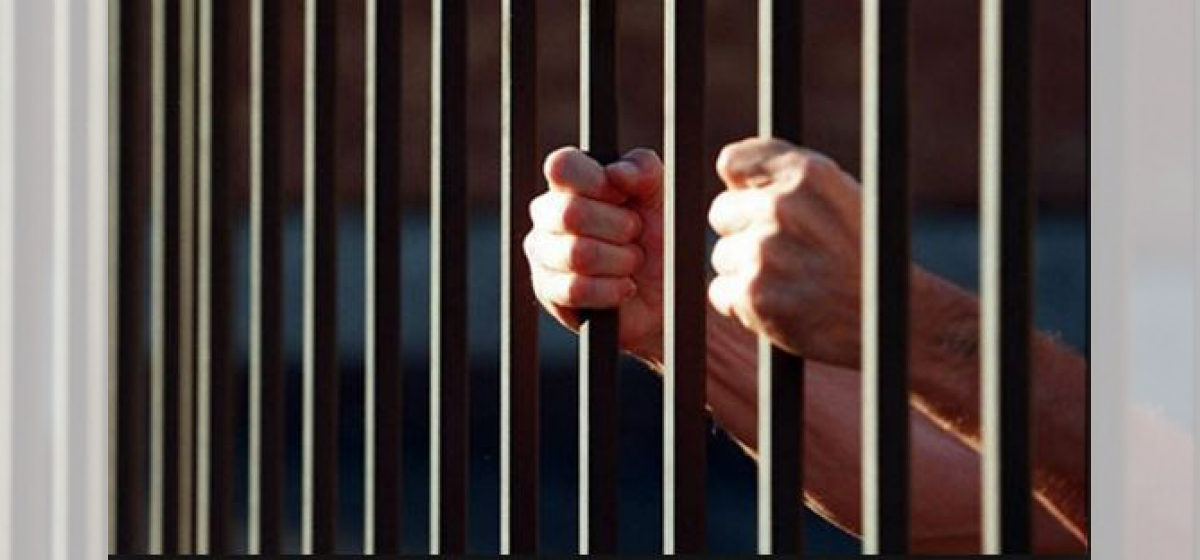
KATHMANDU, JULY 6: A prisoner was found hanging in the toilet of Rolpa Prison on May 18. According to the prison office, the prisoner was Vijay Bikram Shah, 27, of Barahatal Rural Municipality-1 of Surkhet. He was serving a five-year prison sentence in an arms and ammunition case.
While searching for his relatives after his death by hanging, his identity changed. He was not Vijay Bikram Shah but one Sundar Harijan of Nepalgunj Sub-Metropolis-2. He was convicted in a theft case and sent to jail. According to the court's decision, Sundar should have been released from jail on June 24, 2021, a year ago.
After Sundar's death, a five-member investigation committee was formed under the leadership of Jharendra Chapagain, director of the prison management department. According to the study carried out by the same committee, Vijay Bikram was released from the jail at the time of Sundar's release whereas Sundar had to stay in the jail.
The investigation committee has concluded that ‘Sundar was serving another’s term due to the managerial weakness of the prison administration’. However, the report states that there was no weakness on the part of the prison staff in his death.
The investigation committee said that 'managerial weakness' means that both of them managed to change and hide their identities by deceiving the employees as they did not have an identity card with a photo. “Prisons do not have a system of keeping a clear identification photo while keeping records of prisoners,” said Chapagain, director of the prison management department who is also the coordinator of the investigation committee, "Therefore, both of them seem to have succeeded in deceiving the prison administration by changing their identities."
After the incident, the prison management department has finally become aware. At present, the inmates of all 74 prisons across the country are required to have an 'identity card with photo'. “We have learnt a serious lesson after the Rolpa incident,” said Ram Chandra Siwakoti, information officer for the department.
Information Officer Siwakoti said that the identity card will mention the name, permanent address, type of case, date of imprisonment and release date. Inmates must display their identity cards provided by the prison administration while going to courts, hospitals, visiting relatives, and when they are transferred to another prison.
Information Officer Siwakoti said, “The department understands that there will not be an exchange of identity after having an identity card.” In modern times, the lack of identity cards of inmates in sensitive places like prisons has been criticized as extreme negligence of the department.
In this regard, Siwakoti says that a limited budget and the state's domineering attitude toward the prison staff are more to blame for such a situation. "The first thing is that the budget is low for such managerial works. Therefore, the prison administration does not have a lot of plans,” he said, “Secondly, the prisons are not the first choice of the employees who go there - they go there because they are forced to. Such officials do nothing except for passing their time.”
Siwakoti says that it is enough to study the structure of the prisons to see how neglected they are. There are currently 74 prisons in Nepal. Out of the 77 districts, there are jails in 72 districts except for Dhanusha, Bara, Bhaktapur, East Nawalparasi and East Rukum. There are two jails each in Dang (Ghorahi and Tulsipur) and Kathmandu (Jagannath Deval and Dillibazaar).
According to the latest statistics of the month of June, there are 13,685 prisoners and 10,867 detainees in the 74 prisons with a total of 24,552 inmates. There are a total of 1,091 prisoners including 501 prisoners and 590 detainees in eight juvenile correction centers.
You May Like This
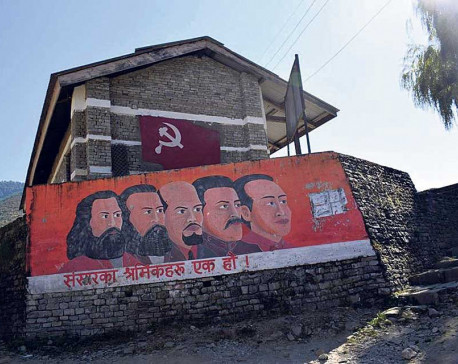
Some miss old-time unity in present-day Thabang
ROLPA, Oct 30: For some locals of Thabang is no more the Thabang they remember. One of the locals to feel... Read More...

Thirty one people go missing in Rolpa this past year
ROLPA, Feb 8: As many as 31 people have gone missing in Rolpa district this past year alone. The Women... Read More...

Rolpa all set to welcome new representatives
ROLPA, May 28: With the local level elections just around the corner, political party leaders and prospective candidates of Rolpa are... Read More...




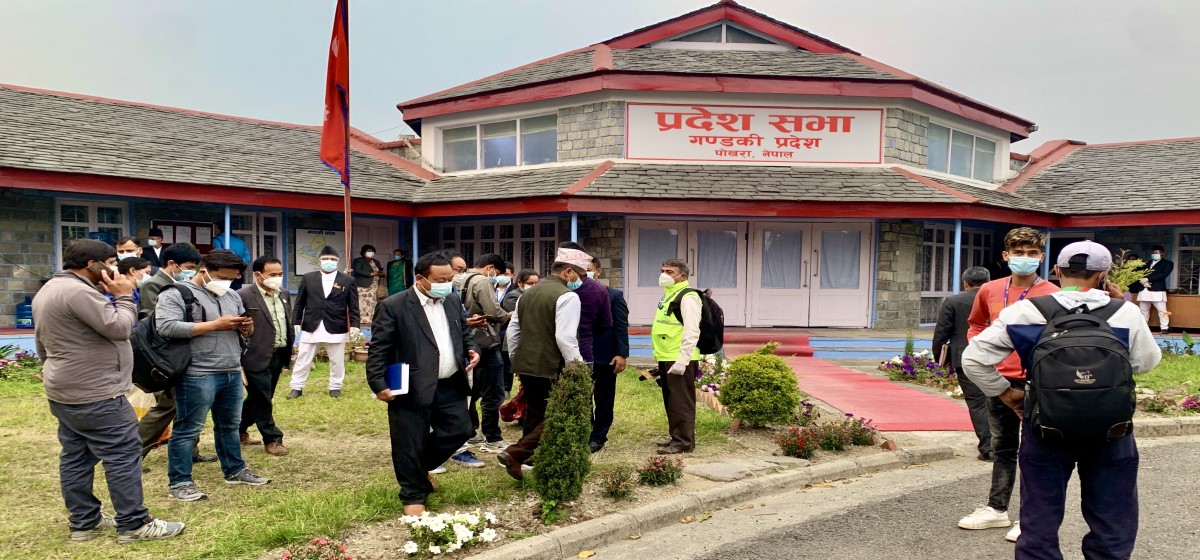

Just In
- Altitude sickness deaths increasing in Mustang
- Weather forecast bulletin to cover predictions for a week
- Border checkpoints in Sudurpaschim Province to remain closed till Friday evening
- Gandaki Province Assembly session summoned
- CM Karki to Speaker: Resolution motion for vote of confidence unconstitutional
- EC reminds all for compliance with Election CoC
- 13 killed, several injured after strike at Al-Maghazi refugee camp in Gaza
- NA team leaves for Solukhumbu to launch Clean Mountain Campaign









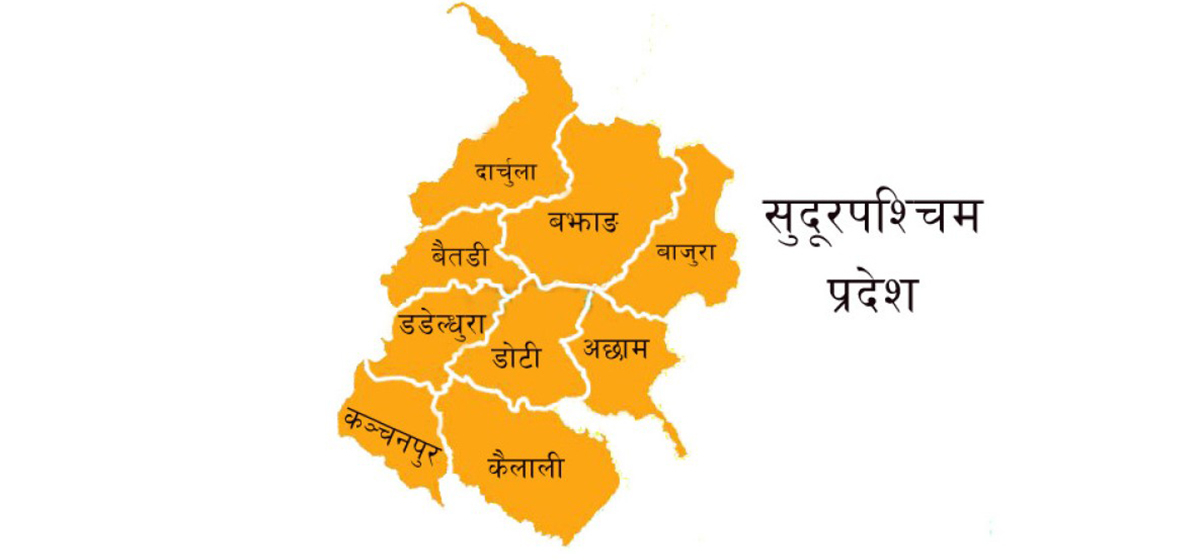
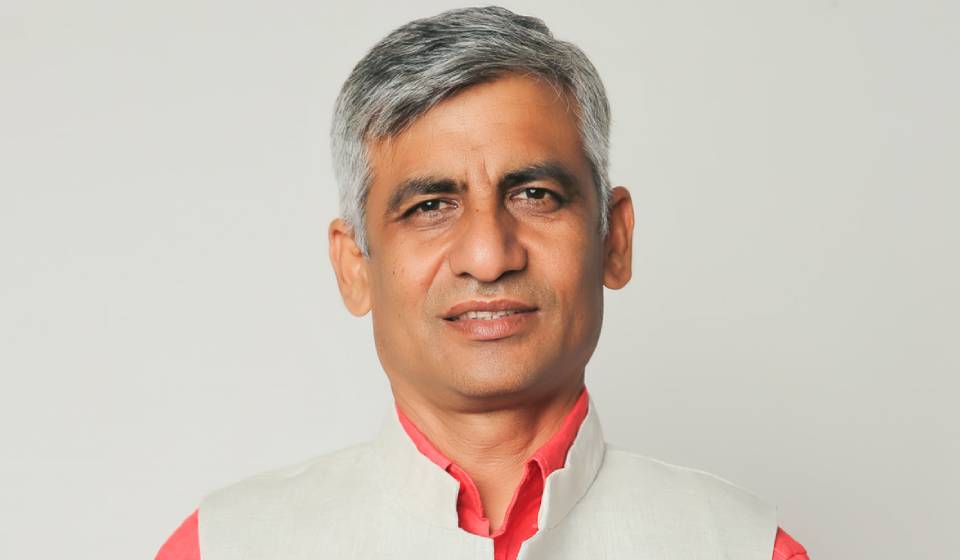


Leave A Comment